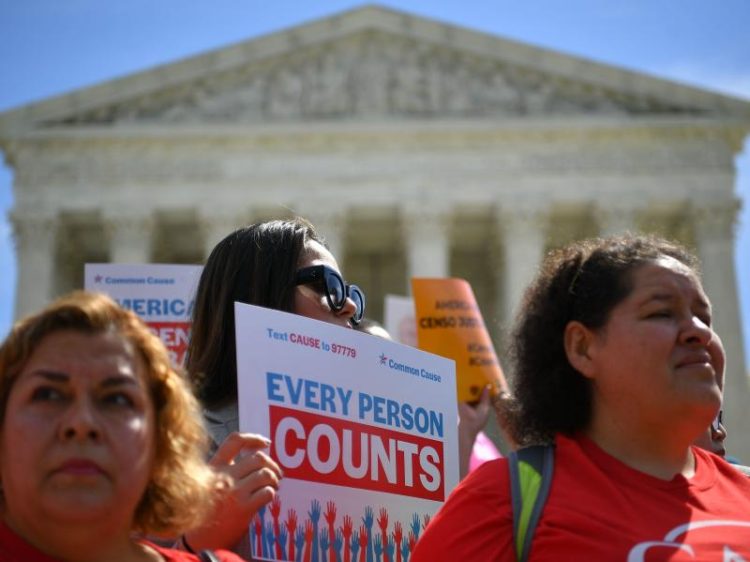By Aaron Miller-
The Supreme Court has blocked Donald Trump’s administration from adding citizenship question to 2020 census. The decision means the controversial question is unlikely to appear on the 2020 census
The U.S Supreme Court blocking of the plans were the grounds that the question could undermine the true number of people living in America because many will be put off from co-operating with the survey, leading to a predicted under count of about 6.5 million people. Distorted numbers arising from individuals avoiding participation in the census could lead to misrepresentations when congressional districts are allocated in 2021, and affect the distribution of hundreds of billions of dollars in federal spending are distributed.
Chief Justice John Roberts Jr.on behalf of the majority said the explanation for asking whether or not a person is a US citizen offered by the administration was inadequate.
The U.S administration defended the purpose of including the question in the census, saying it was to help enforce the Voting Rights Act of 1965 in order protect minority voters . Three federal judges have discredited the underlying reasons for the questions, They strongly disputed the intentions of U.S commerce secretary, Wilbur Ross, who is in charge of the revised 2020 census form, The judges concluded that Ross had requested the Justice Department to add the question, and not, as he had claimed, the other way around.
The computer of a late Republican strategist’s computer indicated the real reason for the question was that it would “be advantageous to Republicans and non-Hispanic whites.”In Thursday’s decision, the court refused to rule on the case at this point, instead sending it back to a lower court. The ruling means the question might not be decided on before 2020 census ballots are printed for distribution.
“The reasoned explanation requirement of administrative law, after all, is meant to ensure that agencies offer genuine justifications for important decisions, reasons that can be scrutinised by courts and the interested public,” the chief justice wrote. “Accepting contrived reasons would defeat the purpose of the enterprise. If judicial review is to be more than an empty ritual, it must demand something better than the explanation offered for the action taken in this case.”
The U.S Supreme Court’s conclusion is that there was no justification for the inclusion of the question in the 2020 census, therefore calling for the eradication of the question.

